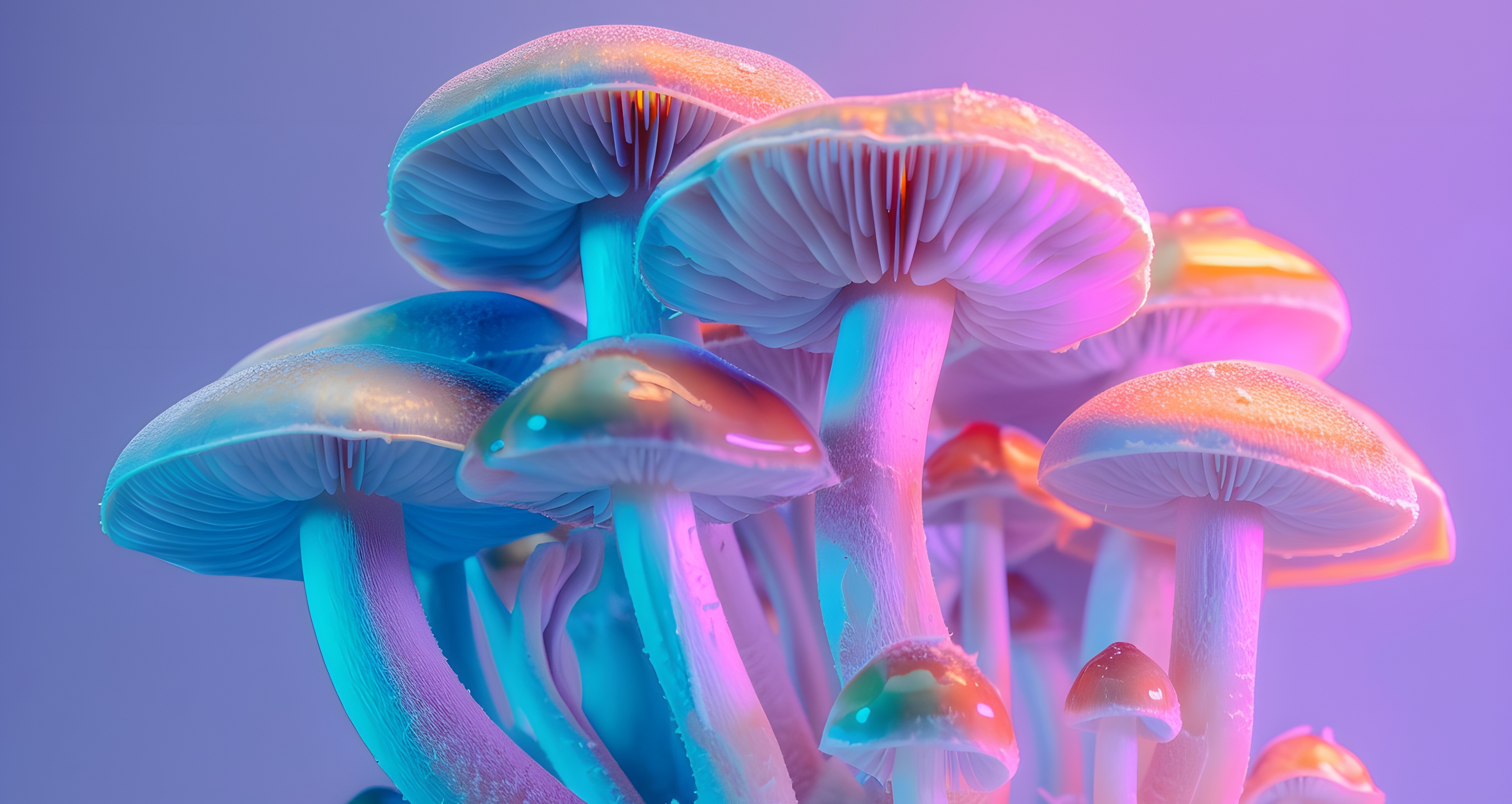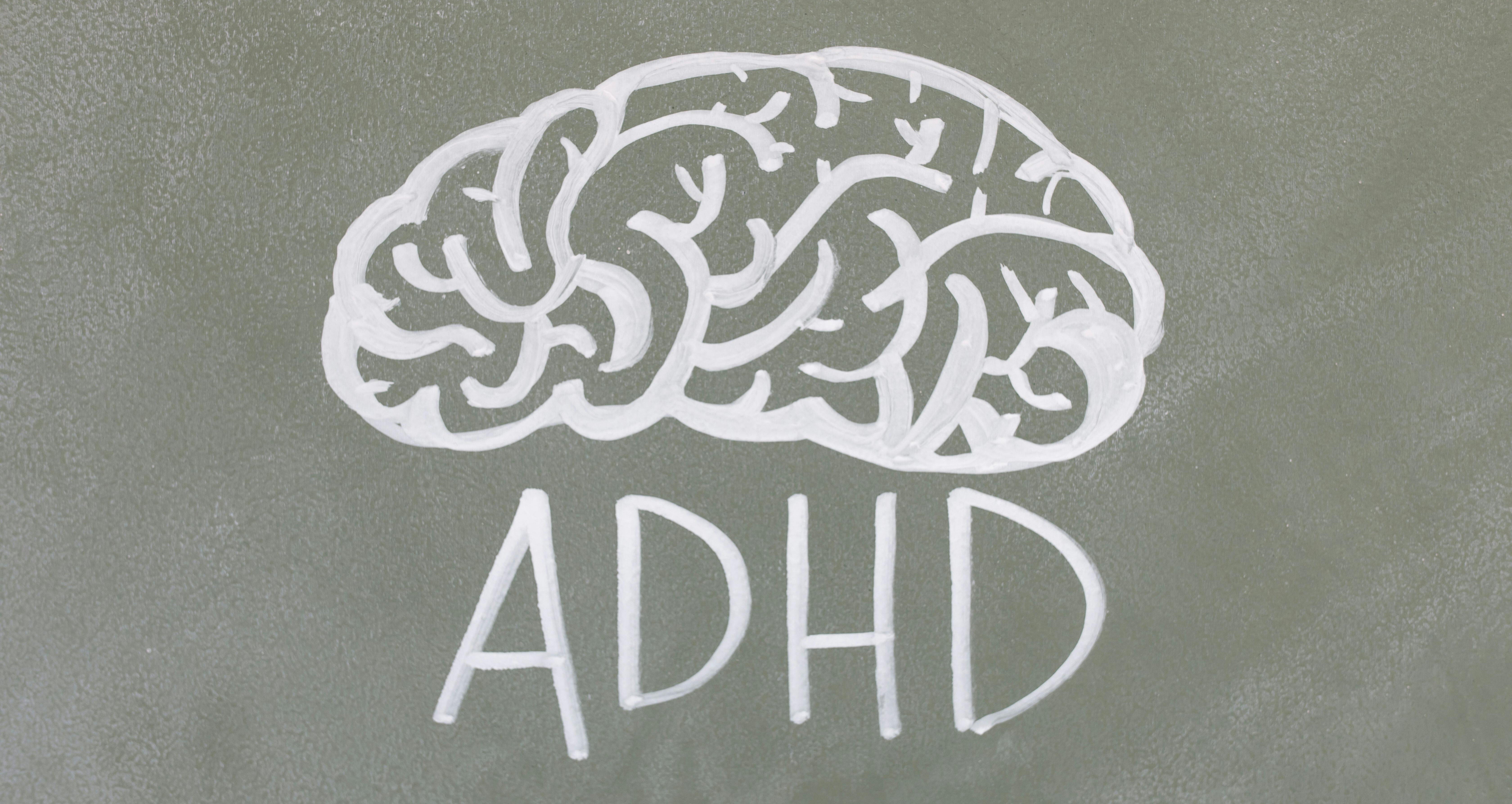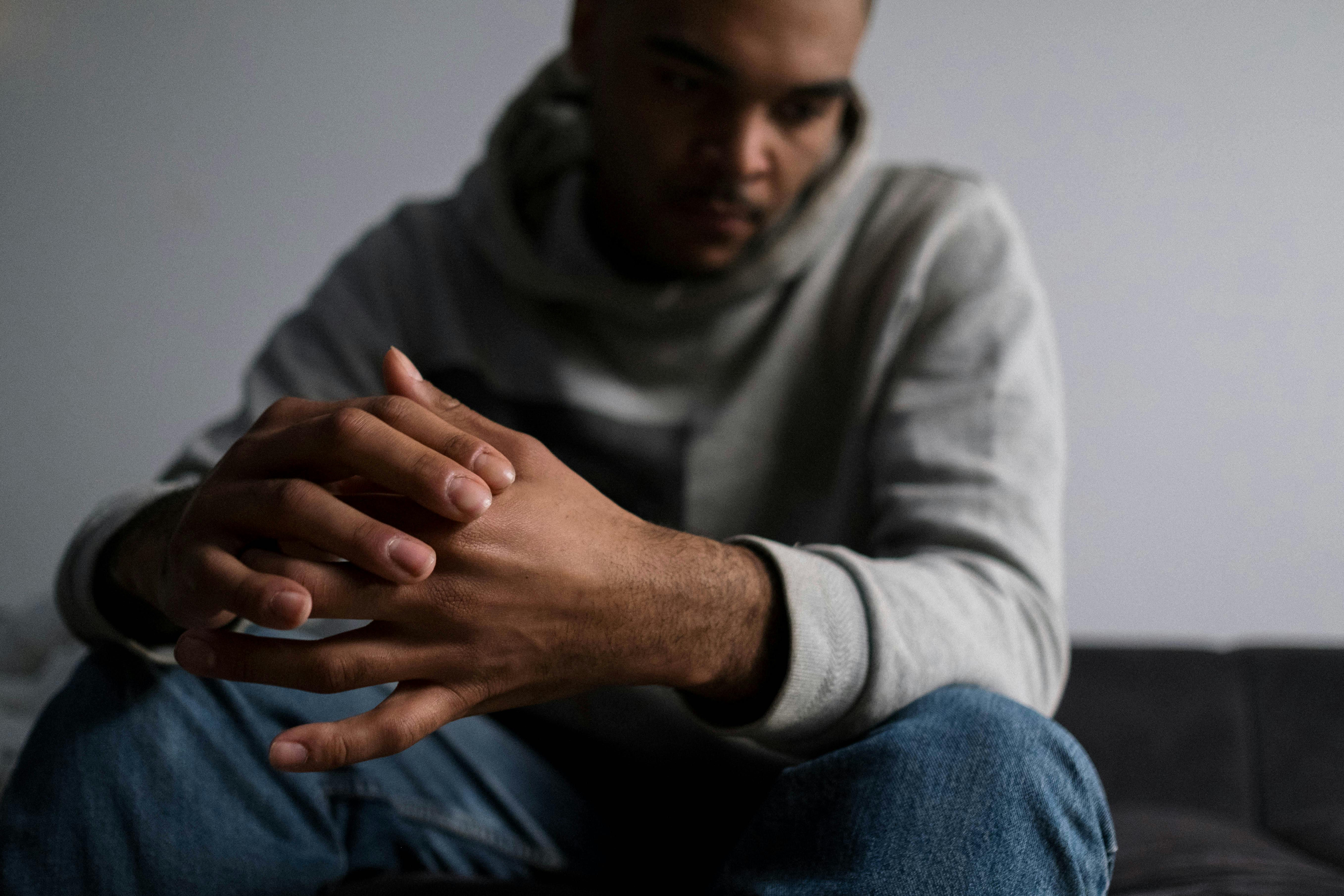How Safe Are Psychedelic Studies for Depression? Understanding the Science and Safeguards
Over the past few years, psychedelics have captured growing attention in mental health research. From psilocybin (the active compound in “magic mushrooms”) to LSD and DMT, these substances are being studied in clinical settings to better understand their potential to relieve symptoms of depression, especially in cases where traditional treatments have not worked.





.jpg)
.jpg)